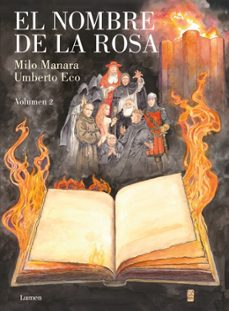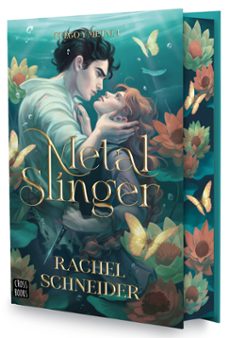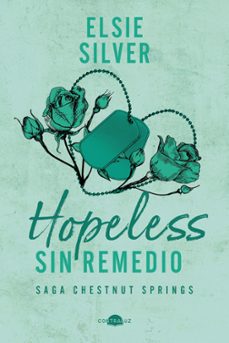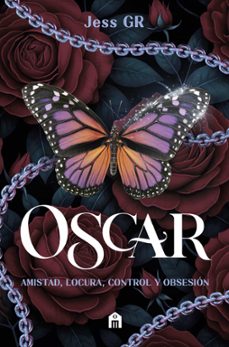📗 Libro en inglés THE DEVIL S ELIXIR
ALMA BOOKS- 9781847490841
Sinopsis de THE DEVIL S ELIXIR
The son of a heinous sinner, Medardus is brought up in a monastery to atone for his father''s wicked ways. However, after succumbing to temptation, Medardus himself is lured into a life of sin. A labyrinthine plot sees him embarking on a fantastical journey into the world, meeting his doppelganger. The son of a heinous sinner, Medardus is brought up in a monastery to atone for his father''s wicked ways. However, after succumbing to temptation, Medardus himself is lured into a life of sin. A labyrinthine plot sees him embarking on a fantastical journey into the world, meeting his doppelganger, involving himself in a game of double impersonation, and becoming embroiled in murderous intrigues at the Vatican, before the mysterious curse hanging over him and his family is finally explained. First published in 1815, "The Devil''s Elixirs" is a macabre masterpiece of German literature, and is essential reading for anyone seeking to understand the Romantic movement, or the genres of fantasy and horror which it spawned.
Ficha técnica
Editorial: Alma Books
ISBN: 9781847490841
Idioma: Inglés
Encuadernación: Tapa blanda
Fecha de lanzamiento: 01/01/2010
Año de edición: 2011
Especificaciones del producto
Escrito por E.T.A. Hoffmann
Ernst Theodor Amadeus Hoffmann (Königsberg, 1776 – Berlín, 1822). Escritor y compositor alemán. Hijo de un abogado, su tercer nombre era originalmente Wilhelm, pero más tarde adoptó el de Amadeus en honor a Mozart. Estudió derecho en Königsberg. Vivió en Varsovia, donde creó una orquesta y se dedicó a componer. En 1814 aceptó el cargo de Consejero de Justicia del Tribunal de Berlín, sin que por ello se resintiera su ingente producción literaria de aquellos años. Su fama se debe más a su obra como escritor que a sus composiciones. Adscrito al Romanticismo, donde más destacó su gran personalidad fue en sus cuentos fantásticos, en los que se mezclan el misterio y el horror, y que han alcanzado fama universal. En ellos crea una atmósfera en ocasiones de pesadilla alucinante y aborda temas como el desdoblamiento de la personalidad, la locura y el mundo de los sueños, que ejercieron gran influencia en escritores como Víctor Hugo, Edgar Allan Poe y el primer Dostoievski.
Descubre más sobre E.T.A. Hoffmann Recibe novedades de E.T.A. Hoffmann directamente en tu email
Opiniones sobre THE DEVIL S ELIXIR
¡Sólo por opinar entras en el sorteo mensual de tres tarjetas regalo valoradas en 20€*!
Los libros más vendidos esta semana

Bolsillo
PACK CLARISSA PINKOLA ESTÉS (CONTIENE: MUJERES QUE CORREN CON LOB OS; EL BAILE DE LAS MUJERES SABIAS)
Clarissa Pinkola Estés


































